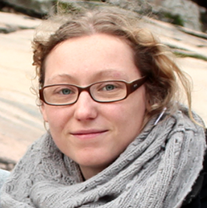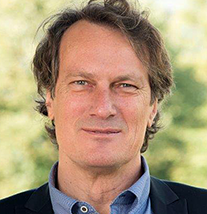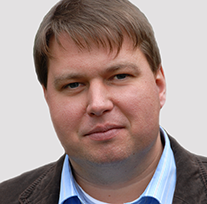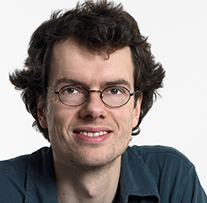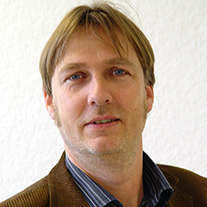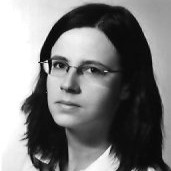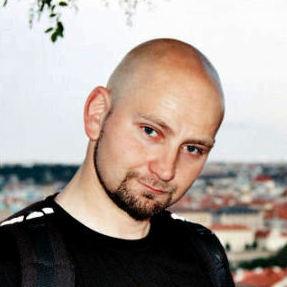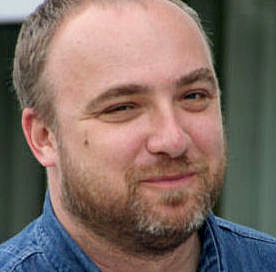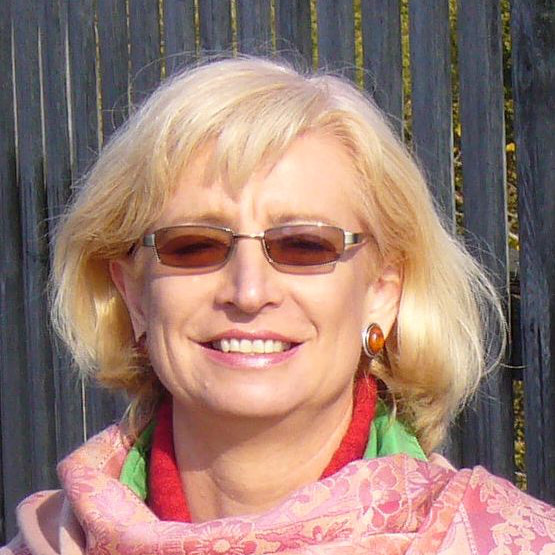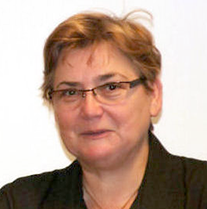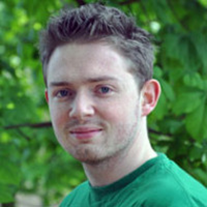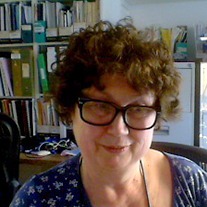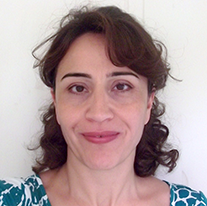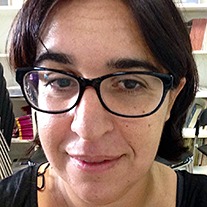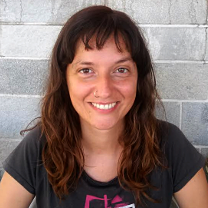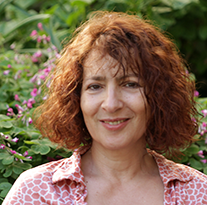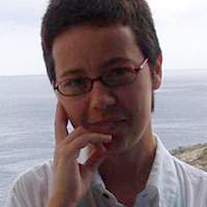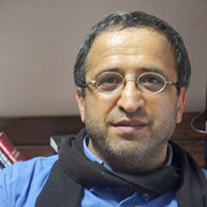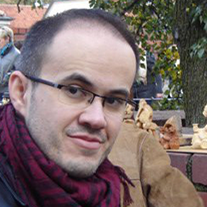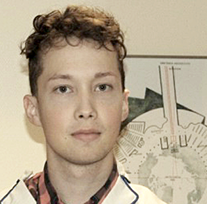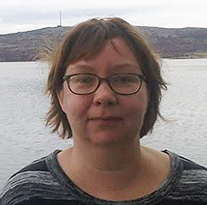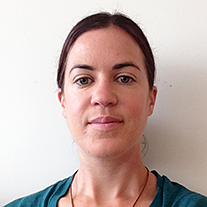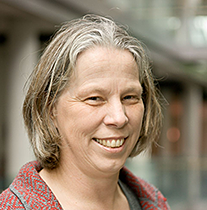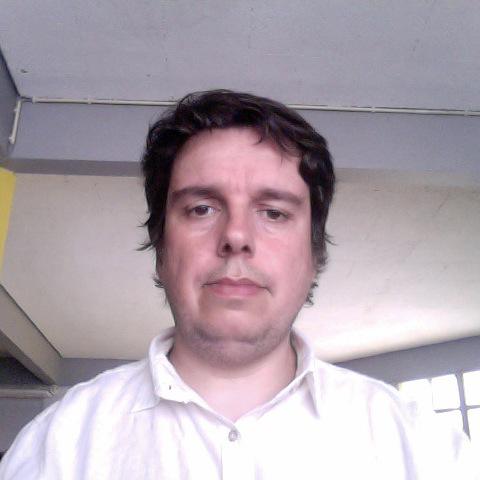THE TEAM
Institute for Employment Research (IAB)
University of Silesia (US)
Universidad de Complutense de Madrid (UCM)
University of Hertfordshire Business School (UH)
Panteion University of Social and Political Sciences (UPSPS)
Middle East Technical University (METU)
University of Lapland (LAY)
National University of Ireland Maynooth (NUIM)
University Institute of Lisbon (ISCTE_IUL)
Institute for Employment Research (IAB)
The IAB is the Institute for Employment Research of the German Federal Labour Office (Bundesagentur für Arbeit), which is a self-governed, publicly controlled body, under supervision of the German Ministry of Labour. The IAB, founded on legal basis in 1967, consists of about 300 scientists and other experts in 10 research departments, united in a multidisciplinary approach on economic and social aspects of labour markets and social policy. The IAB, one of the biggest and most profiled labour market research institutes worldwide, is not only the leading German policy advisory institute in labour market and social policy questions, but also holds relationships with numerous scientific and policy making institutions from abroad. Its activities are supervised by a board of independent and outstanding academic advisors, and it publishes a peer-review journal, a book series and several paper series. The IAB lead the project and participate in all workpackages.
University of Silesia (US)
The University of Silesia (US), established 1968, is one of the largest in Poland, and the only university in Upper Silesia. The US team is highly qualified in qualitative methods, social theory, identity and cultural studies in the context of labour, social change and social problems, which is emphasised by the entwinement of sociology, social psychology and social work in their teaching and research. Thus, the US team will lead the qualitative fieldwork WP, and contribute to other workpackages.
Universidad de Complutense de Madrid (UCM)
Universidad Complutense de Madrid is one of the largest Universities in Spain and all around Europe. With a tradition beyond five centuries, UCM has become a very important institution in terms of higher education and research activities. The University comprises 21 schools plus 39 university research institutes. UCM has participated in European Framework Programmes at least since FP4. The Political Science and Sociology Faculty is perhaps one of the most important social sciences schools in the Spanish speaking countries, where it is a leading reference. It includes departments of Anthropology, Applied Economics, Sociology, Political Science, International Relations and Social Psychology. The UCM team for RESCuE has a strong record in qualitative methods, comparative welfare research, poverty and identity research.
-
 María Paz Martín Martín
María Paz Martín Martín -
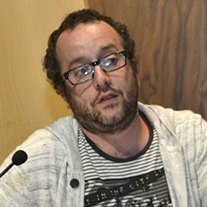 Francisco José Tovar
Francisco José Tovar -
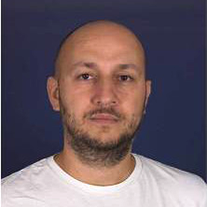 Carlos de Castro
Carlos de Castro -
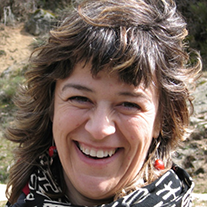 Araceli Serrano
Araceli Serrano -
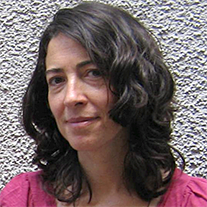 María Arnal Sarasa
María Arnal Sarasa -
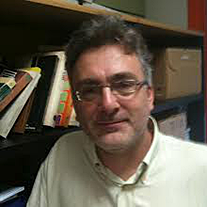 Juan Carlos Revilla Castro
Juan Carlos Revilla Castro
University of Hertfordshire Business School (UH)
The University of Hertfordshire (UH) is widely acknowledged to be a dynamic and entrepreneurial university which offers excellence in teaching, learning and research. In 2011 it was ranked 41 out of 113 universities in the Complete University Guide (Independent Newspaper University Guide) and was recently recognised for its outstanding and world-leading research in the Government’s Research Assessment Exercise (RAE) to assess the quality of research in UK universities. The Business School has an excellent reputation for the academic and applied research undertaken by it staff. The Business School’s Centre for Research on Management, Economy and Society (CRoMES) consists of eleven specialist units, which undertake research for business, government and NGOs. Seventy doctoral students are engaged in study under the auspices of CRoMES. The University of Hertfordshire has been awarded the European Commission ‘HR Excellence in Research’ badge. The University is one of only 23 UK Universities to have been awarded this badge, acknowledging alignment with the principles of the European Charter for Researchers and Code of Conduct for their Recruitment.
Panteion University of Social and Political Sciences
The Panteion University of Social and Political Sciences (Greek: Πάντειον Πανεπιστήμιο Κοινωνικών και Πολιτικών Επιστημών), usually referred to simply as the Panteion University, is a university located in Athens, Greece. Founded in 1927, it is among the three oldest universities of political sciences in Europe.
The university consists of four faculties (schools) and nine academic departments:
Faculty of Economics and Public Administration
- Department of Public Administration
- Department of Economic and Regional Development
Faculty of Political Sciences
- Department of Social Policy
- Department of Political Science and History
Faculty of Social Sciences and Psychology
- Department of Sociology
- Department of Social Anthropology
- Department of Psychology
Faculty of International Studies, Communication and Culture
- Department of International, European and Regional Studies
- Department of Communication, Media and Culture
Today the Panteion University is attended by about 8,000 active students, i.e. students who have completed up to eight semesters, while the total number of registered undergraduates is about 18,500. The undergraduates studies are planned for eight semesters. Teaching and administrative staff number about 360. It also offers thirteen postgraduate courses and includes three Research Institutes, eighteen Research Centres and four Laboratories. It also cooperates with 65 universities and institutes from 17 European countries.
Middle East Technical University (METU)
Middle East Technical University (METU) is Turkey’s one of the most prominent university with an expressly international mission and profile. METU was established in 1956 with a mission to serve not only Turkey but also the Middle Eastern-Eurasian region. As a research university of international reputation, METU offers an intellectually stimulating and culturally diverse environment that fosters rigorous academic learning and cutting-edge research and development.
Currently, METU offers 40 undergraduate (Bachelor’s Degree) programs in 5 faculties, as well as 96 Masters and 62 Ph.D. programs in 5 graduate schools on its modern Ankara Campus. More than 750 full-time faculty members and 1,300 research/teaching assistants serve a total of 23,000 students. With its highly competitive academic staff, significant international experience and contacts, internationally accredited degree programs, as well as excellent physical facilities and attractive natural environment METU is recognized as a world-class institution of higher education.
METU is one of Turkey’s most competitive universities. In terms of the number of publications in international journals, METU faculty members rank highly among those of the top universities in Turkey, and the University generates the largest volume of funds from national and international research projects. METU’s international standing is also reflected in its extensive and strong ties with reputable universities in the United States, Europe, and other parts of the world. METU actively took part in and managed many Med-Campus, MEDA, COST, Eureka, NASA, NSF, UN, World Bank, Jean Monnet, INCO, EUMEDIS, 6th and 7th Framework, Erasmus Mundus ECW, Leonardo and Socrates projects. METU has been involved in more than 100 FP6 and FP7 projects.
University of Lapland (LAY)
The Arctic Centre of University of Lapland, Finland is internationally recognized for the quality and relevance of its multidisciplinary Arctic research. Through this research, the Arctic Centre promotes increased knowledge, awareness and understanding of the Arctic both within and outside the region. This research supports decision-making and sustainable development in the Arctic. The research in the Centre focuses on three main themes: global change, sustainable development and environmental & minority law.
Maynooth University – National University of Ireland Maynooth
The National University of Ireland Maynooth (Maynooth University) is internationally recognised for the quality and value of its research and scholarship and its dedication and commitment to teaching and its students.
While formally established as an autonomous university in 1997, Maynooth University traces its origins to the foundation of the Royal College of St. Patrick in 1795, drawing inspiration from a heritage that includes over 200 years of education and scholarship. The University is a place of lively contrasts. It is a modern institution, dynamic, rapidly-growing, research-led and engaged, yet grounded in historic academic strengths and scholarly traditions.
The National Institute for Regional and Spatial Analysis (NIRSA) is centred in Maynooth University. The role of the institute is to undertake fundamental, applied and comparative research on spatial processes and their effects on social and economic development in Ireland, and to provide high quality graduate education to the next generation of Irish social scientists.
National Institute for Regional and Spatial Analysis (NIRSA)
Established in 2001, NIRSA, is a collaborative partnership between scholars from a number of social science disciplines, located in four partner institutions: NUI Maynooth; Mary Immaculate College, University of Limerick; Institute of Technology, Sligo and Queen’s University Belfast. NIRSA’s remit is to undertake fundamental, applied and comparative research on spatial processes and their effects on social and economic development in Ireland, and provide high quality graduate education to the next generation of Irish social scientists. NIRSA’s research is organized through three interdisciplinary research clusters: Sustaining Communities, Building Knowledge Economies, and Planning Environments.
To date, over 300 researchers have been affiliated to NIRSA, with over 150 of them receiving competitive funding from the Institute itself, and many others receiving smaller funds for travel and research expenses. Over 200 projects have received external funding since 2001, totalling over €55m of which over €25m has come directly to NIRSA partners. The Institute has received Programme for Research in Third Level Institutions 2, 4 and 5 funding and is the recipient of two European Research Council Investigator Awards. The Institute has built-up numerous national research platforms (for example, Irish Social Sciences Platform [ISSP, for which it is the lead administrative partner], the International Centre for Local and Regional Development [ICLRD], and Digital Repository of Ireland [DRI]) and international partnerships (European projects) and spawned the SFI-funded National Centre for Geocomputation (NCG). The Institute has also established two significant national research resources: the All-Island Research Observatory (AIRO) that produces all-island, spatial datasets and specialist tools to aid their analyses and undertakes academic and applied mapping research; and the Irish Qualitative Data Archive (IQDA) that archives social science data in media other than machine-readable datasets.
ISCTE – University Institute of Lisbon (ISCTE-IUL)
ISCTE – University Institute of Lisbon (ISCTE-IUL) is a public university established in 1972 and a leading institution in social sciences and business sciences in Portugal. Pursuing teaching, research and community service activities, it plays a major role in training qualified specialists and personnel, whose cultural, scientific and technical skills enable them to contribute to social, cultural and economic development both at the national and the global level.
Founded in 1985, the Centre for Research and Studies in Sociology (CIES-IUL) is the research unit in ISCTE-IUL responsible for the RESCuE project. CIES-IUL research groups cover fields such as public policy analysis and evaluation, studies on poverty and inequalities, sociology of the family, sociology of labour, political sociology, communication studies and sociology of education. CIES-IUL currently hosts two permanent monitoring platforms contracted by the Portuguese Government: the Portuguese Observatory on Inequalities; and the Portuguese Observatory on Emigration.


